Rosin is a sticky cannabis concentrate made by applying heat and pressure to plant material. As a solvent-free form of concentrate, it differs from its cousin resin, which is made by passing a chemical solvent through harvested cannabis. Cannabis can be pressed into rosin by a professional with an industrial press, or by a DIYer at home with a hair straightener. The technique can also be used to turn a lower-grade hash into a concentrate that can be dabbed.
More about rosin
Rosin production uses heat and pressure to force the cannabinoids and terpenes out of the trichome glands. Think of it like squeezing the juice from grapes or oil from olives, with the end result being similar to butane hash oil (BHO), but without the harmful chemicals.
Rosin production can be thought of as a simple alternative to closed-loop resin extraction, which is also used in making essential oils. Closed-loop extraction is time-consuming, requires technical training, a lot of expensive equipment — pumps, a tank, and a specially designed room to perform the extraction — and you won’t have a usable concentrate until you purge all the residual solvents using a vacuum oven. Even then, there may still be minor amounts leftover in solvent-based extracts. (Warning: Do not try any processes involving chemicals at home. These should be left to professionals.
In contrast, the process of making rosin is considered safer than many other concentrates. The temperature and pressure used during extraction dictate the colors and consistency of the finished product, making rosin available as shatter, wax, badder/batter/budder, and taffy.


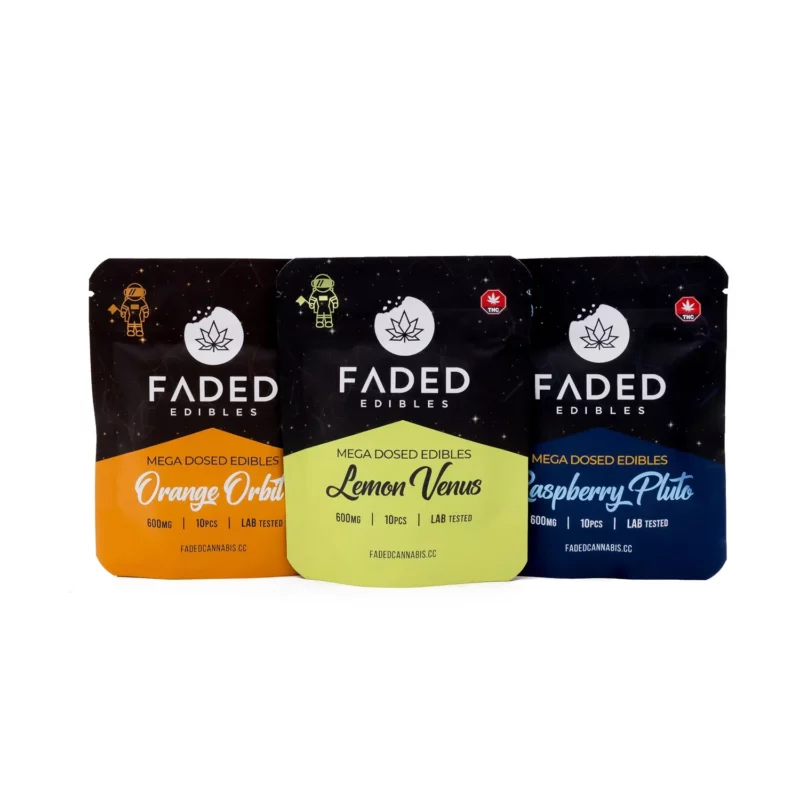
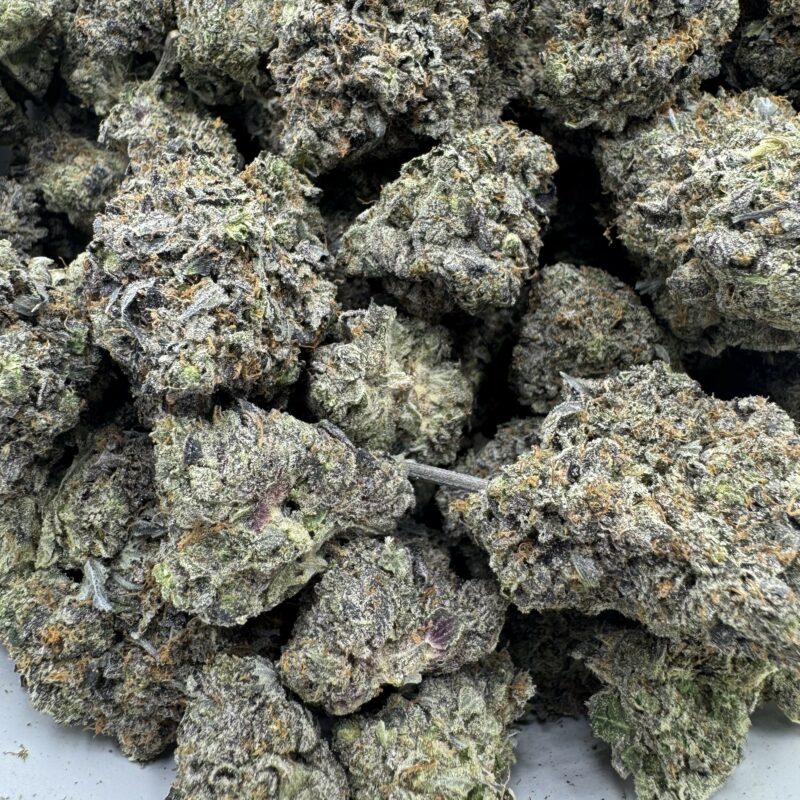
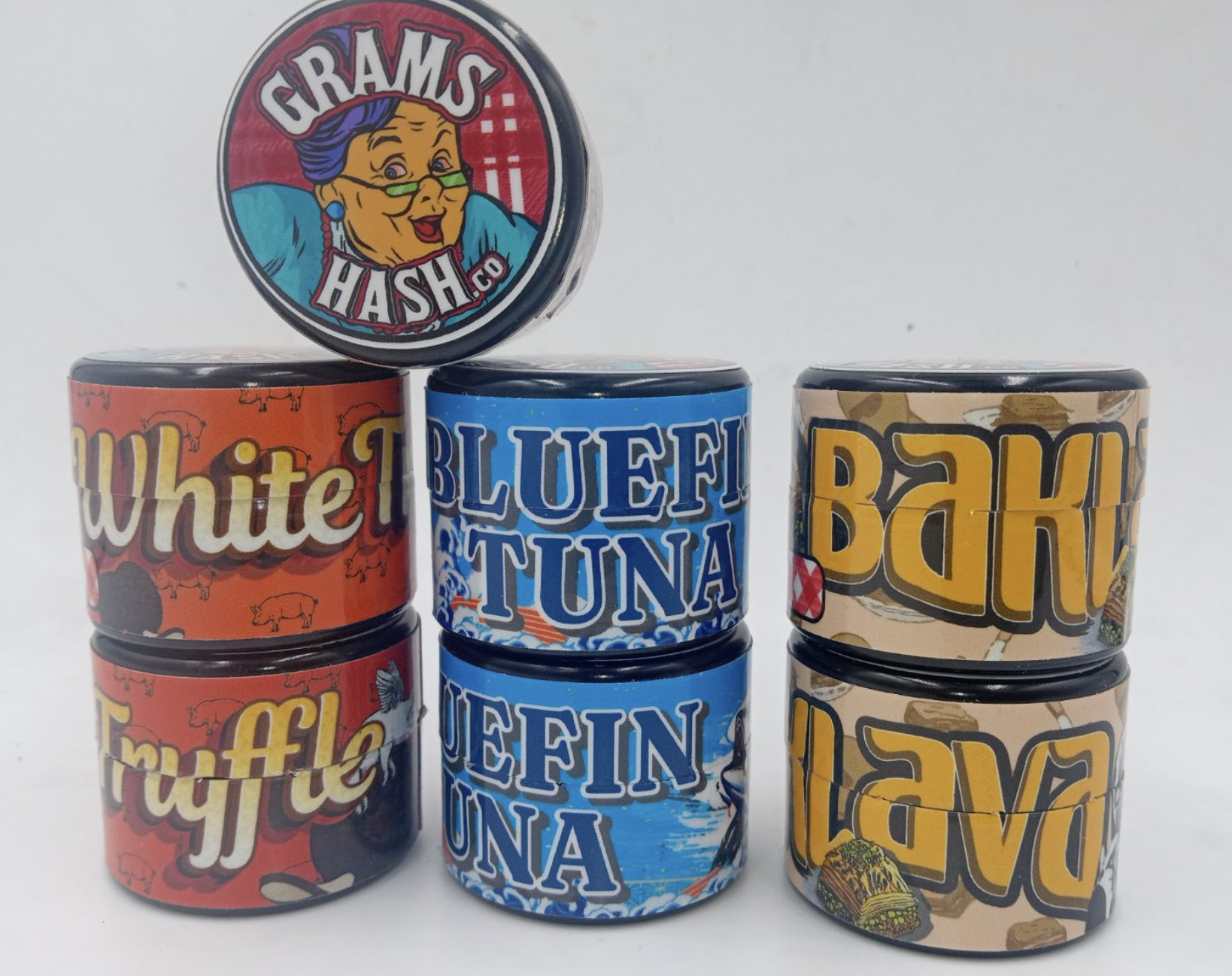
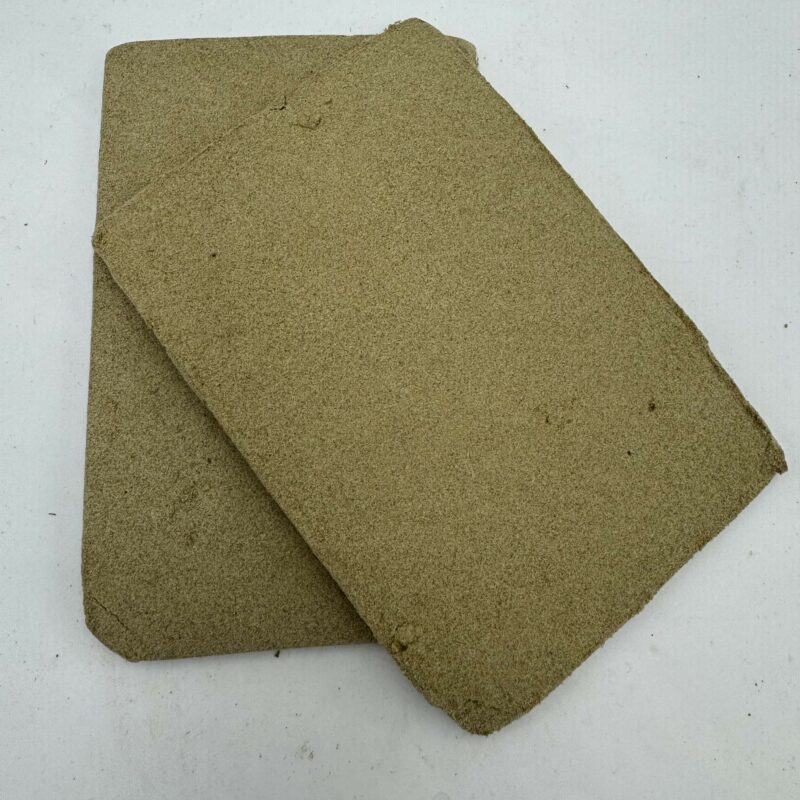

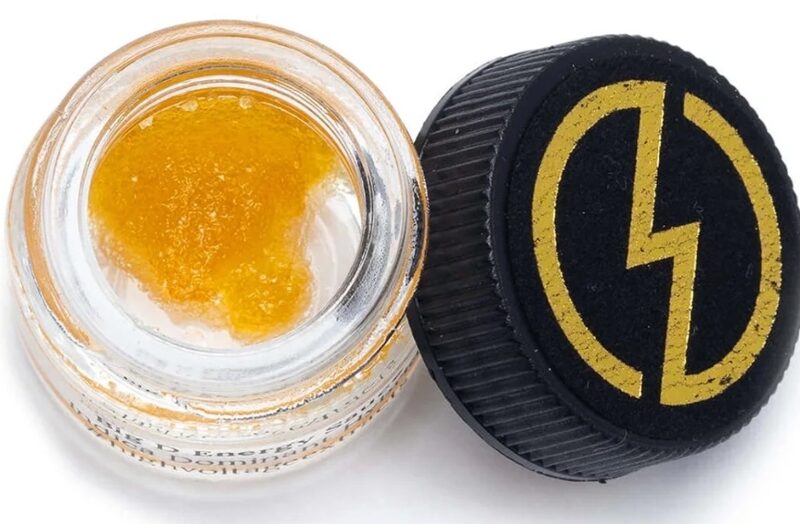
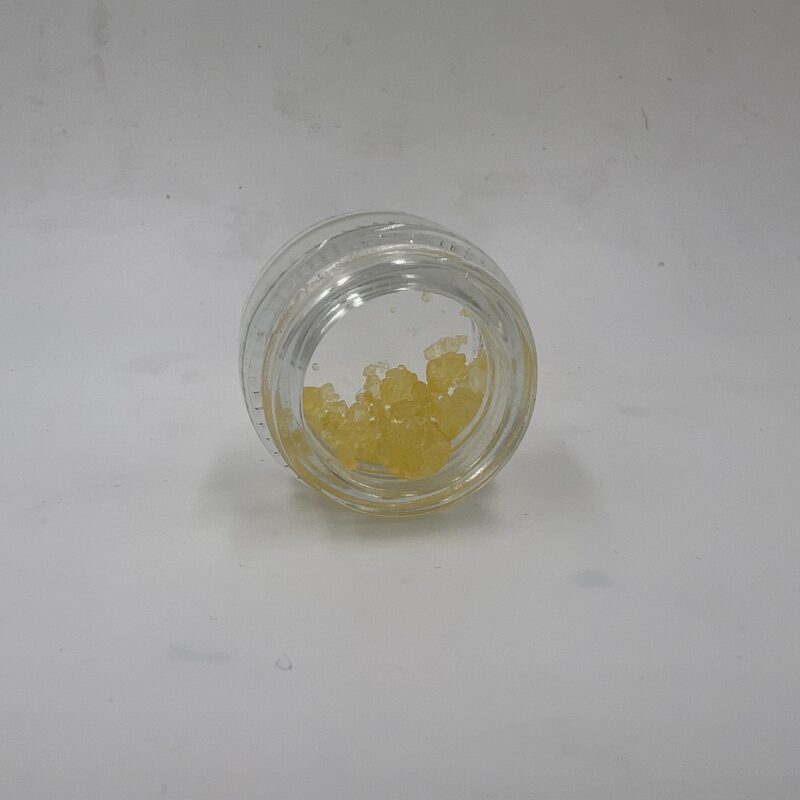


Reviews
There are no reviews yet.